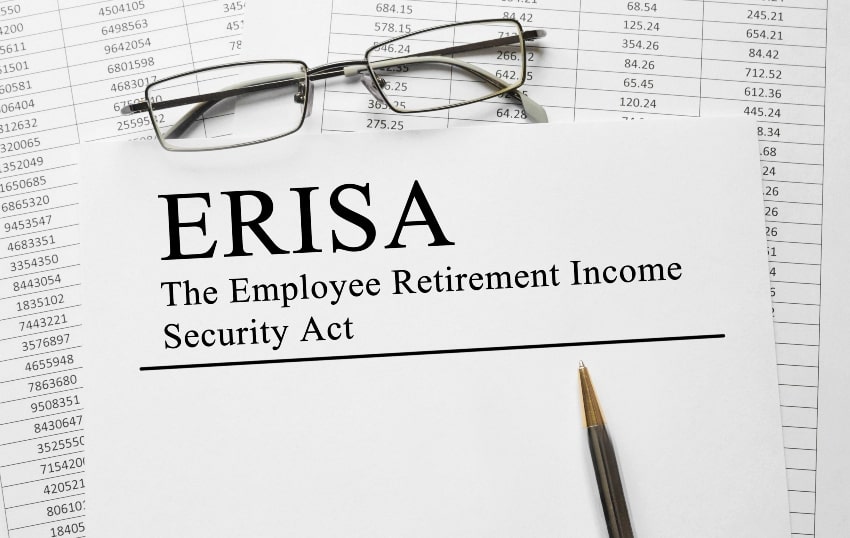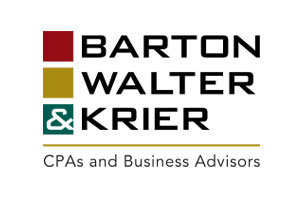Category: CPA Services
Like-Kind Exchange Basics
February 23, 2023 | Barton Walter and Krier
Buying and selling makes the business world go ’round. This is true for products, services, and even real estate. But be aware that selling property for a significant financial gain often means you’re paying a substantial amount of taxes. Reinvesting those profits can help defer tax payments on qualifying property sales. Let’s look at like-kind exchange basics and how this strategy can benefit you. Defining Like-Kind Exchanges If you make money from the sale of a business or investment property, you’re required to pay capital gains tax on the profit. Capital gains tax rates depend on the time frame of the sale and its profits —short-term at 10-37 percent, or long-term between 10-20 percent. Internal Revenue Code Section 1031 allows a seller to postpone paying […]
Read MoreAn ERISA Fundamentals Review
February 9, 2023 | Barton Walter and Krier
The Employee Retirement Income Security Act (ERISA) oversees and manages benefit plans provided to employees by their employers. Since its inception, some guidelines have been amended, but the basic principles remain the same. At Barton, Walter & Krier, we wanted to present an ERISA fundamentals review and offer our services to businesses on this retirement plan protection. ERISA Explained In 1974, the ERISA federal tax and labor law established regulations on employee benefits plans. The goal was to protect participants’ retirement savings from potential misconduct. The safeguards set forth by ERISA protect current employees and their beneficiaries as well as retirees. Employer-sponsored plans covered under ERISA include 401(k)s and 403(b)s, pensions, and profit-sharing plans. Specified non-retirement plans such as FSAs, disability and life insurance, and […]
Read MorePreparing Your Business for the Long Term
November 20, 2022 | Barton Walter and Krier
Running a business is more than a 9-to-5 job. And with day-to-day elements to juggle in the present, it can be difficult to think about the future. But preparing your business for the long term is something to consider right now. Keep reading to learn what you should be doing and to uncover hints for succession planning. Succession Planning Rundown When it comes to business, no one can predict what will happen next week — or even tomorrow. That’s why it’s important to have a plan in place for if or when things change. Key players may retire, become ill and unable to work, or find new positions with other companies. With succession planning, you can prepare for the unexpected. The idea behind succession planning […]
Read More

